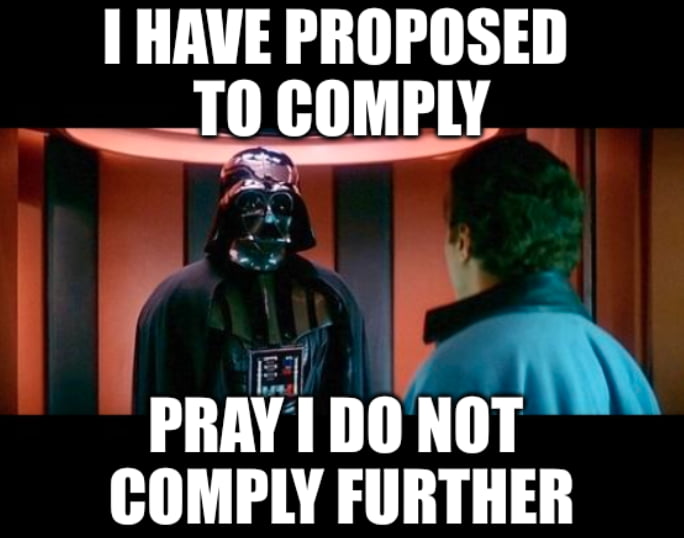
Alex Russell’s article unravels Apple’s strategy to undermine Progressive Web Apps (PWAs) to maintain its app store monopoly ahead of the EU’s Digital Markets Act (DMA) compliance deadline. It delves into how Apple’s restrictive policies, under the guise of security and privacy concerns, are designed to hamper real browser competition and web app development, ultimately forcing developers and firms to rely on Apple’s app store.
Main Points
Apple's strategy against PWAs
Apple’s actions are aimed at preserving its home screen dominance by undermining web apps’ capabilities ahead of the DMA compliance deadline, effectively eroding the mobile web’s potential beyond mere marketing pages for native apps.
Apple's misuse of security concerns
Despite Apple’s portrayal of security and privacy as insurmountable challenges, the article posits that these are solvable issues that Apple uses as excuses to maintain control over the app ecosystem and stifle competition.
Insights
Apple's strategy to maintain its home screen advantage and influence the mobile web's future is by sabotaging Progressive Web Apps (PWAs)
Alex Russell outlines how Apple’s actions ahead of the EU’s Digital Markets Act (DMA) deadline are a direct attempt to subvert the capabilities of PWAs, making them unreliable and forcing firms and developers to depend heavily on Apple’s app store.
Apple is using security and privacy excuses to justify its restrictive policies
Russell argues that Apple is misleadingly using security and privacy as pretexts to prevent real browser competition and to maintain its app store monopoly, despite these concerns being solvable with proper engineering.
Links
- OWA's open letter appealing to Apple to do better
- Apple's plan to kneecap the web has crept into view
- Apple's lopsided proposal for 'enabling' competing app stores
- Cupertino's noxious requirements will take years to litigate
- The DMA's mandate on real browsers downloaded from Apple's own app store

